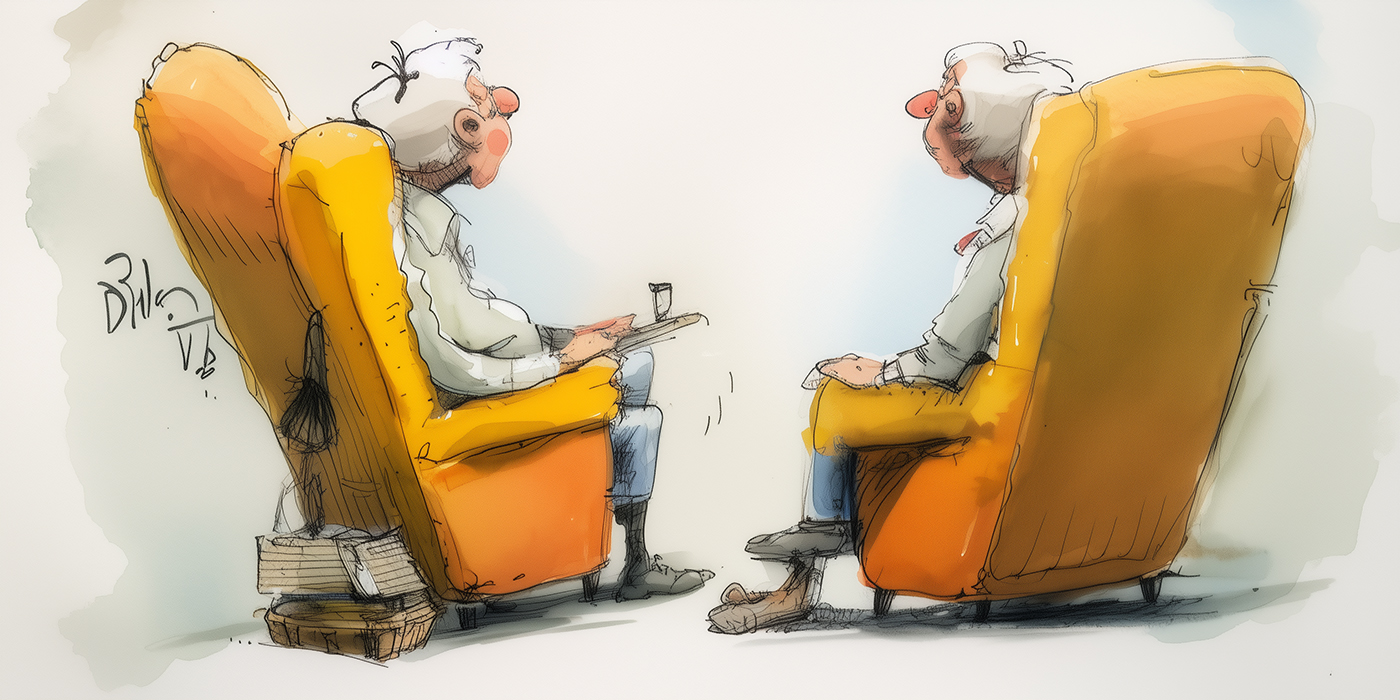My wife and I recently celebrated our 50th wedding anniversary, and I can honestly say that the last 13 ½ years have been better than the first 36 ½ years, for two reasons. The first reason is that I’ve been sober for 13 ½ years, and the second is that in the last 13 ½ years we have experienced honesty, respect, unity, and love—love that is expressed in so many different ways in our relationship. I’m grateful for what the program has given our marriage.
Because of my addiction, in the past we could not experience true respect, unity, or love because I was living a lie. Everything seemed good on the outside to anyone looking on, but we did not have the oneness that is the product of a pure relationship. I often found fault with my wife and children. As the White Book says, “Instead of acknowledging my own problem, I transferred it onto another” (SA 120). I will never understand why my wife put up with me for so long. She bore the brunt of my anger, resentment, and moody silences.
When I came to SA, I needed to deal with my character defects before I could become a whole person. I saw that the person on the inside, the real “me,” was different from the person on the outside—the person people thought I was. But by bringing the inside out and being honest with myself—probably for the first time in my life—I was able through SA to deal with my character defects. So today what you see is the real me—warts and all.
The process has been painful, but I could not expect to have recovery in my marriage until I had dealt with my own issues and character defects. I could not expect to have true union in my marriage if I was still acting out, nor could I expect true union “with the Source of my life.”
The White Book puts it this way: “I can’t have true union with my wife while lust is active because she as a person really doesn’t matter; she’s even in the way; she’s merely the sexual instrument. And I can’t have true union within myself while I’m splitting myself having sex with myself. That fantasy partner I’ve conjured up in my mind is really part of me! With lust, the sex act is not the result of personal union; sex doesn’t flow from that union. Sex energized by lust makes true union impossible” (42).
I needed to deal with my own issues before I could concentrate on repairing my marriage. As I read in the White Book in the chapter “The Sobriety Definition,” “The fact that marrieds can have sex with their spouse and call themselves sober is no advantage at all” (192).
My problem is lust, and if I’m motivated by lust in my marriage, things will not go well. After three years of recovery, my wife and I decided to have an open-ended period of abstinence, so that I could recover from lust. I needed time to cease playing those fantasies in my head when I was being intimate with my wife. I had to learn what true intimacy is—the difference between lust and love.
I also needed to learn how to “take the actions of love” to improve my relationship with my wife. I had to learn that there are many ways of showing love apart from sex, especially during the time of abstinence. I needed to better understand her needs so that I could better show love to her. We also learned that it is important for each of us to endeavor to improve our conscious contact with God as we understand Him—because as we each come closer to God, we become closer to each other.
Mainly though, I’ve learned that I must deal with my lust and my character defects before I can expect any recovery in marriage. I’ve found that by focusing on the positive aspects of the SA program—doing service work, attending meetings (especially when I don’t feel like going), talking with my sponsor—this program of recovery works for me and improves my marriage. As the White Book says: “What we strive toward is not only the negative sobriety of not acting out our sexaholism, but progressive victory over the obsession in the looking and thinking. We also strive toward the positive sobriety of acting out true union of persons” (193).
I also need to keep reading the White Book. Each time I read it, I glean something I’ve missed. I must work the program. If I don’t, I cannot expect to receive the results of sobriety, sanity, and serenity—and I will not receive the benefits of healing in my marriage.
So what is our marriage like today? Instead of anger, resentment, and moody silences, we accept each other as we are. We feel a real enjoyment of our commitment to each other. The relationship is no longer a selfish one. We care and nurture each other, each accepting that neither of us is perfect. What I treasure most of all is the feeling of oneness, the respect, the unity and love. God is good. I am a work in progress, and I am grateful for SA.
David W., Ulverstone, Tasmania






